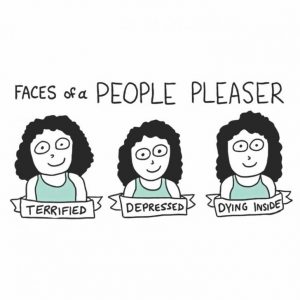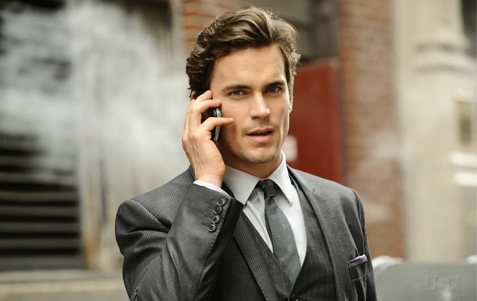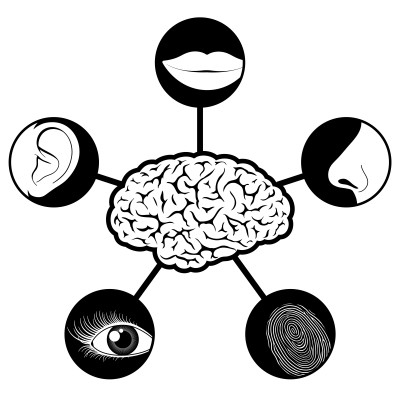 “What movie would you like to see?”
“What movie would you like to see?”
I am easy – you choose.
“What do you fancy doing this week-end?”
Happy to go with the flow
“Please can you collect my mother from the airport?”
Of course – no problem
At what point does behaviour go from being generous and kind to that of a ‘people pleaser’? The latter of which is psychologically unhealthy and in fact quite boring.
If any of the points below resonate with you then you could be falling into the people-pleasing category and it is time to change.
- You try and be who you think someone wants you to be
- You always back down from arguments
- You avoid speaking up when you don’t agree with something
- You find it hard to say no and will go out of your way to accommodate people even when it ends up doing damage to your own situation and affects you negatively.
- You avoid conflict and getting angry.
- You find it hard to take the initiative or make the first move
- You always try and be nice rather than expressing how you really feel in case you upset the other person.
- You always put others first and take little time for yourself
- You stretch yourself financially as a result of your desire to please
- People take advantage of your kindness
- You have a lot of one-sided relationships in which the other party seems to gain more than you
Most people who are people pleasers act this way because they want to be liked, and usually, they want to be respected as well. However, the reality is often the opposite, in that people lose respect for them being so giving as they are seen as pushovers, doormats and having no backbone.
As psychologist Harriet Braiker says ‘– to please is a disease – and in excess, it can become an addiction that eventually results in you neglecting your own needs and wants, and ironically losing the respect of the people you are trying to please.’
Contrary to what many might believe when it comes to successful dating, it certainly is not being someone who pleases the other person and agrees with everything they say and do. Nor is it thinking that they will like you more if you go with the flow and don’t come across as too challenging or demanding.
As human beings, we like a challenge in most areas of our lives as it gives us a sense of achievement, and relationships are no different. If something comes too easily it somehow loses the appeal and we wonder if we could have done better. You never want to be with someone, who just because you are a pleaser, wonders if they should have strived higher.
If this blog resonates with you as being a pleaser then you are definitely putting yourself in an inferior role to other people and it is time to break this pattern of behaviour. Happy, successful and lasting relationships are built on equality and respect.
Your starting point is to practice being more assertive as you need to improve your self-esteem and to become more independent in your thinking which will ultimately lead to a greater feeling of self-respect and confidence.
Changing Behaviour:
A powerful way to change behaviour is to collect evidence that the new behaviour works. If you have always acted in a people-pleasing way you will not have collated any evidence to suggest that it is ok to not be that way.
Think about the last few times you engaged in people-pleasing behaviour, either on a date or just in normal day to day communication with friends, family, peers or colleagues. Write down each event and how you could have responded from the perspective of putting yourself first. Notice how you feel while doing this exercise.
The first part of any behavioural change is acknowledging what it is you want to change and then committing to making the change. Start small, change is only scary because people try and do too much too quickly.
Begin by identifying one pattern of behaviour that you would like to change. For example, if you always find yourself doing what others want, force yourself to suggest something you want to do and see what happens. By disproving your own hypothesis that you have to please others in order to be liked you can then start to be more confident in your assertiveness of saying what you want.
Once you see positive results in one type of behaviour, you will automatically want to change the other aspects of people-pleasing. This does not mean you are going to turn into a selfish, uncaring unlikeable person. It will mean that you correct the balance of power in your relationships and when people are with you they will know the real you, they will respect you and like you for the fact you are true to yourself and stand up for what you believe in.










